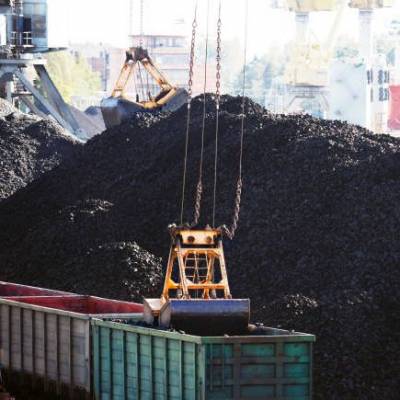

All India Power Engineers Federation (AIPEF) has urged the central government to withdraw its advice to states' power generation companies (gencos) to import coal amid the shortage of dry fuel and crippling electricity generation across the country.
According to a statement, correct determination of Gross Calorific Value (GCV) is critical to avoid overcharging and over-billing. The state gencos have been exposed to the risk of overcharging and fudging GCV values. AIPEF demanded the central government withdraw the direction to state gencos to import coal. Chairman of AIPEF, Shailendra Dubey, said to RK Singh, Power Minister that if states are forced to import coal, then the central government must bear the additional burden of imported coal so that the discoms and the consumers are not over-burdened. The Ministry of Power asked the state gencos to import 10% of their total coal requirement to tackle the shortage of domestic fuel. The decision of the government to take away the accumulated revenues of Coal India Limited (CIL) of Rs 35,000 crore in 2016 crippled the development of new coal mines and capacity expansion of existing mines. The additional imports should be available to the states at the prevailing CIL rates, while the difference should be payable by the central government. Dubey said that since most of the thermal stations envisaged, designed and constructed over the last decades were based on domestic coal from linked mines. There was no arrangement for the blending of domestic fuel with imported coal. The risk of temperature variations in boilers due to irregular mixing would increase accidents of boiler tube leakage. AIPEF said that while the daily requirement of wagons for coal movement is 441 rakes, the availability is only 405 rakes per day. Between 2017-18 and 2021-22, the railways have placed average orders of 10,400 wagons per year. There were about 23,592 wagons per year pendent, for which the orders have been placed but the wagons not supplied. There are instances of over-invoicing of imported coal and fudging of GCV determination at the port of loading. The Department of Revenue Intelligence (DRI) took up such cases. The DRI sought these cases before the Bombay High Court (HC) and later the Supreme Court (SC). Image Source